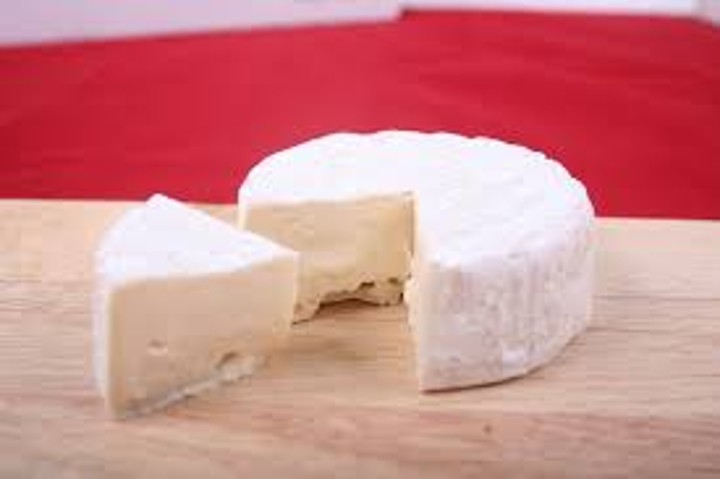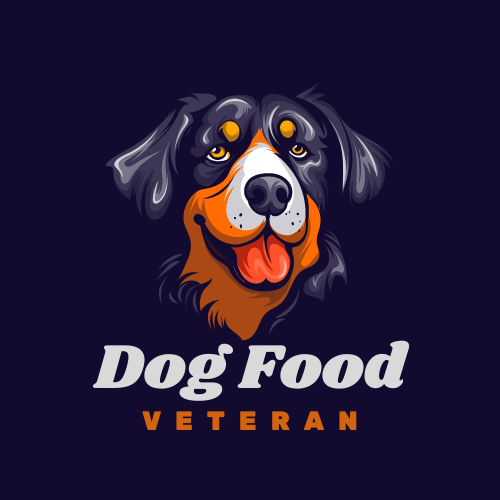No please, do not in any circumstance give your dog Brie cheese. For those of us coming across the word for the first time, this cheese is made from cow’s milk and it is not healthy because of its high fat content. That’s not all, some dogs also struggle to digest lactose, the natural sugar found in dairy products like Brie and this may end up causing problems for them.

Furthermore, I’ve discovered that Brie is more prone to mold growth, and taking food with mold can be harmful to your pup. My advice? Keep your pup away from Brie at all costs.
What is Brie Cheese?
As said earlier, Brie cheese is made from cow’s milk. It has this slight, buttery tangy flavor when you taste it and belongs to the family of bloody rind cheese, which means it’s been injected with mold spores to develop its edible rind during the ripening process
Why is brie bad for my dog?
Here are several reasons you should keep your pup from Brie:
Lactose intolerance: If your dog has a history of this condition with any dairy product, best believe Brie cheese makes the list. So, giving them this meal may cause diarrhea, vomiting, and abdominal discomfort
High-Fat Content: Brie cheese has a lot of fatty content and eating too much in fact Brie is a high-fat cheese, and consuming too much can cause pancreatitis in dogs.
Mold Risk: As a soft, bloomy rind cheese, Brie is very prone to mold growth. Although it’s okay for us to eat, this is not safe for our pups because of the harmful mycotoxins the mold produces
Note: A small amount of Brie may not cause immediate problems for your dog, but I’d advise you not feed to your pup at all to prevent issues
Disclaimer: This information is for educational purposes only and should not replace professional veterinary advice. Always consult your veterinarian before you introduce new foods to your dog’s diet
What are the symptoms if my dog ingests brie?
If your dog accidentally consumes Brie cheese, be on the lookout for the following symptoms:
- Vomiting
- Diarrhea
- Abdominal pain or discomfort
- Loss of appetite
- Lethargy
If you notice any of these symptoms after your dog has eaten Brie, contact your veterinarian immediately, as they may require medical attention.
What are the alternatives to brie for dogs?
Want your dog to enjoy cheese, there are safer options you can try out:
- Cottage cheese
- Mozzarella
- Low-fat cheddar
- Parmesan
- Swiss
In addition to low-fat cheeses, you can also go for treats like:
- Plain peanut butter
- Fruits like blueberries, apples, or bananas
- Cooked lean meats like chicken or turkey (without seasoning)
- dog treats and chews the next time you stop at a pet store.
Note: Always ensure that every treat you give your pup is appropriate for the age, size, and overall health condition.
Final words
To wrap up everything I’ve said here, do not feed your dog barie cheese because of its high-fat content, substitute for cheese with low fat like the one I’ve listed above. Moreso, ensure you introduce every new food gradually and if you have any concerns about your dog’s diet, consult your vet for guidance.
Read More: Can Dogs Eat Feta Cheese?

